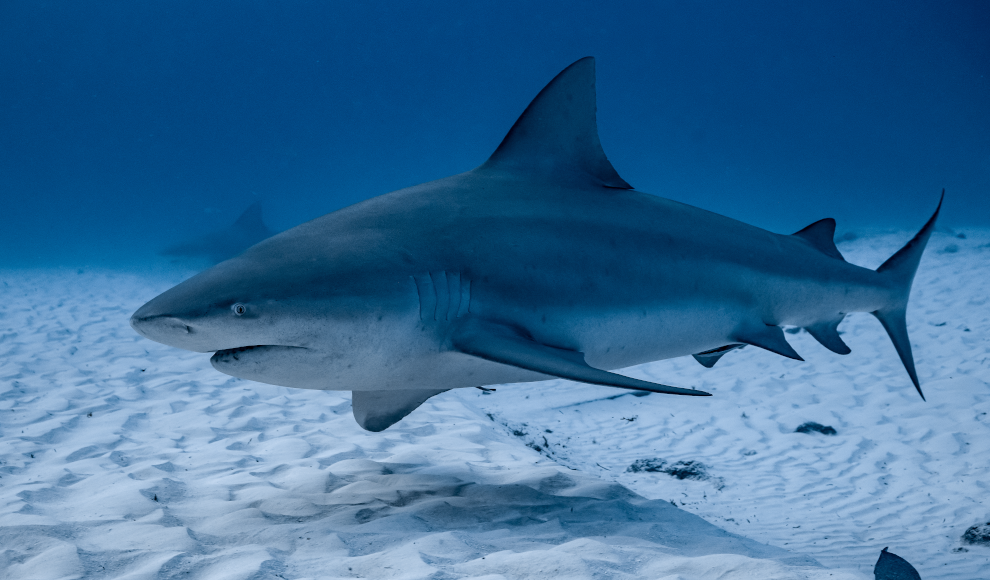Bull sharks are known for their remarkable adaptability, and a recent study by researchers at Ruhr-Universität Bochum (RUB) has highlighted just how impressive this trait can be. The study, published in the journal Marine and Fishery Sciences (MAFIS), focused on a group of six bull sharks that had been living in a freshwater lake on the Carbrook Golf Club in Australia for 17 years. The sharks had become trapped in the lake after a severe flood in 1996, and had adapted to their new environment surprisingly well. The lake provided them with a sufficient food source, and the sharks were even occasionally fed by the golf club’s staff.
Bull sharks are able to survive in a variety of environments, including brackish water, lagoons, and river mouths, thanks to their ability to regulate their internal salt and water balance. This adaptation allows them to efficiently control their salt and water levels, even when moving between different types of water. While most other shark species would die if they spent too much time in freshwater, bull sharks have metabolic adaptations in their kidneys that allow them to retain more salt in their bodies. This means that they can survive for extended periods in freshwater environments without suffering from a loss of internal salt levels.
The study’s findings are significant because they demonstrate just how adaptable bull sharks can be, and how they are able to thrive in environments that would be inhospitable to other shark species. The researchers hope that their work will help to shed light on the biology of these fascinating creatures, and help to inform conservation efforts aimed at protecting them.










